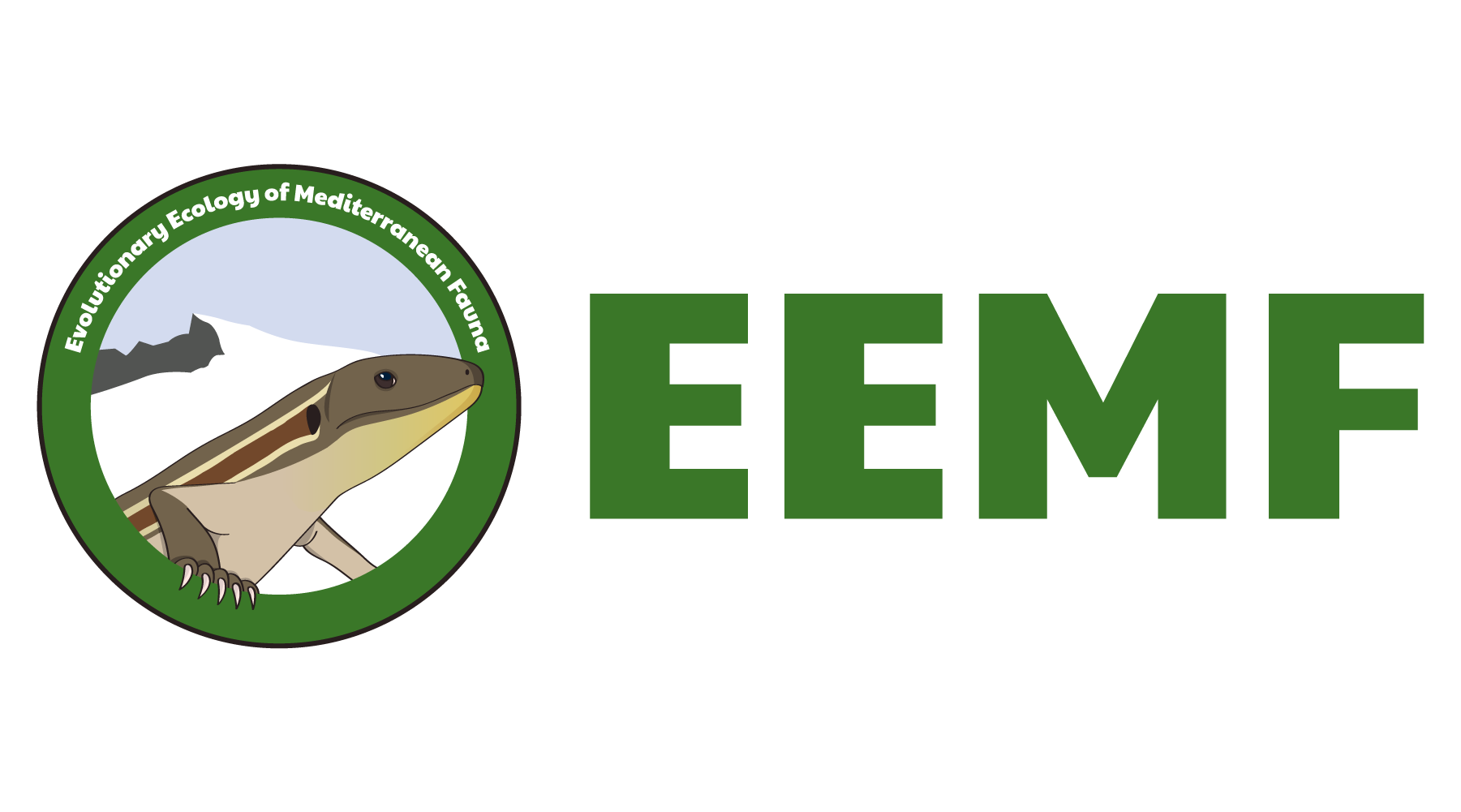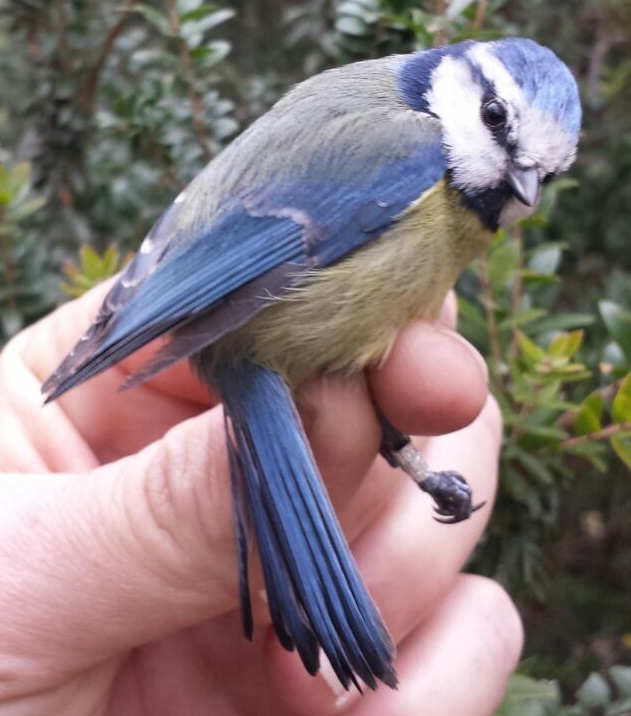EVOLUTIONARY ECOLOGY OF MEDITERRANEAN FAUNA

EVOLUTIONARY ECOLOGY OF MEDITERRANEAN FAUNA |
 |
|---|
| Home | People | Projects | Publications | Theses |
|---|
Research topics Our research group works on various topics related to Evolutionary Ecology. We are especially interested in the study of life-history evolution, analysing the trade-offs that emerge between different physiological compartments, such as the immune system, reproduction, growth, signaling, and oxidative balance. We also study the impact of interspecific interactions on animal evolution. We mainly study the impact of parasites on hosts, but we also study the impact of prey and predators. We study the evolution of animal communication in different contexts. One of our main research lines is the study of the evolution of begging behaviour in nestling birds, but we also work on the evolution of signals used in sexual contexts. We also work on the evolution of aposematism. We have studied the evolution of morphological and physiological adaptations in different selection contexts. In particular, we are interested in investigating the adaptation processes that animals face in heterogeneous environments with different levels of genetic flow. |
 |
||
Model study systems Currently, we work with a blue tit (Cyanistes caeruleus) population at 1800 m asl in Sierra Nevada (SE Spain). We also work with great tit (Parus major) and coal tit (Periparus ater) taking advantage of the altitudinal gradients provided by the mountain. We study different aspects of the house sparrow (Passer domesticus) life history in captive populations. In the past, we have worked with many other bird species. We study the ecology of Psammodromus algirus lizard on an altitudinal gradient in Sierra Nevada. We also study the ecology of the gecko Quedenfeldtia trachyblepharus on an elevational gradient in the Atlas of Morocco. Previously we worked with other reptiles, mainly snakes. We work with many species of amphibians in different places of the Iberian Peninsula and the Maghreb. Especially, we study life history evolution, morphological adaptations, and local adaptation in Bufo calamita, Pleurodeles waltl, and Pelophylax perezi. We also study invertebrates, especially gastropods such as Iberus gualterianus and Sphincterochila candidissima. Studies with gastropods take place mainly in Sierra Elvira (SE Spain). |
|||
Resources We study animals in their environment and, for particular questions, in captivity. We combine field observations and measurements with biochemical, histological, immunological, and genetic analyses in laboratory. We account with facilities at University of Granada, and collaborate with different researchers from the University of Granada and other centers such as Biological Station of Doñana, National Museum of Natural Sciences, Natural Sciences Museum of Barcelona, Experimental Station of Arid Zones, Darmouth Colllege, Czech University of Life Sciencies Prague, Autonomous University of Tlaxcala, or Konrad Lorenz Institute for Ethology. |
|||
Contact: Dr. Gregorio Moreno-Rueda (Lab Head) gmr (at) ugr.es |